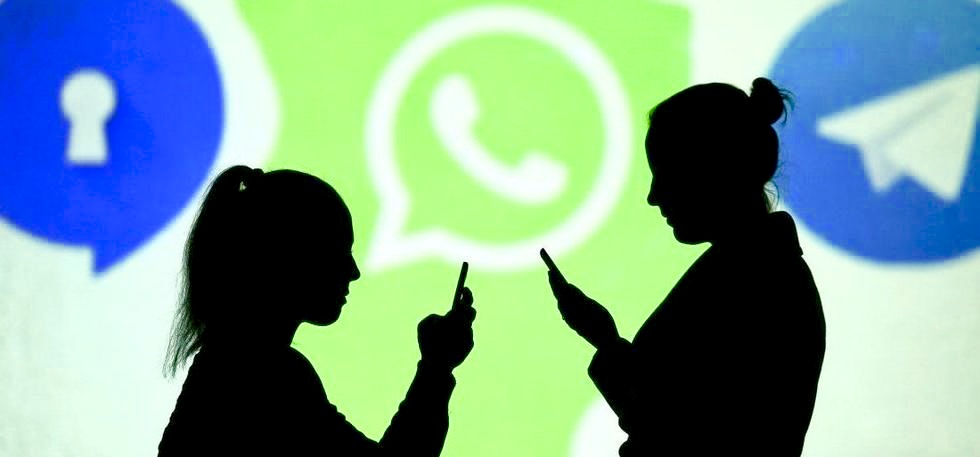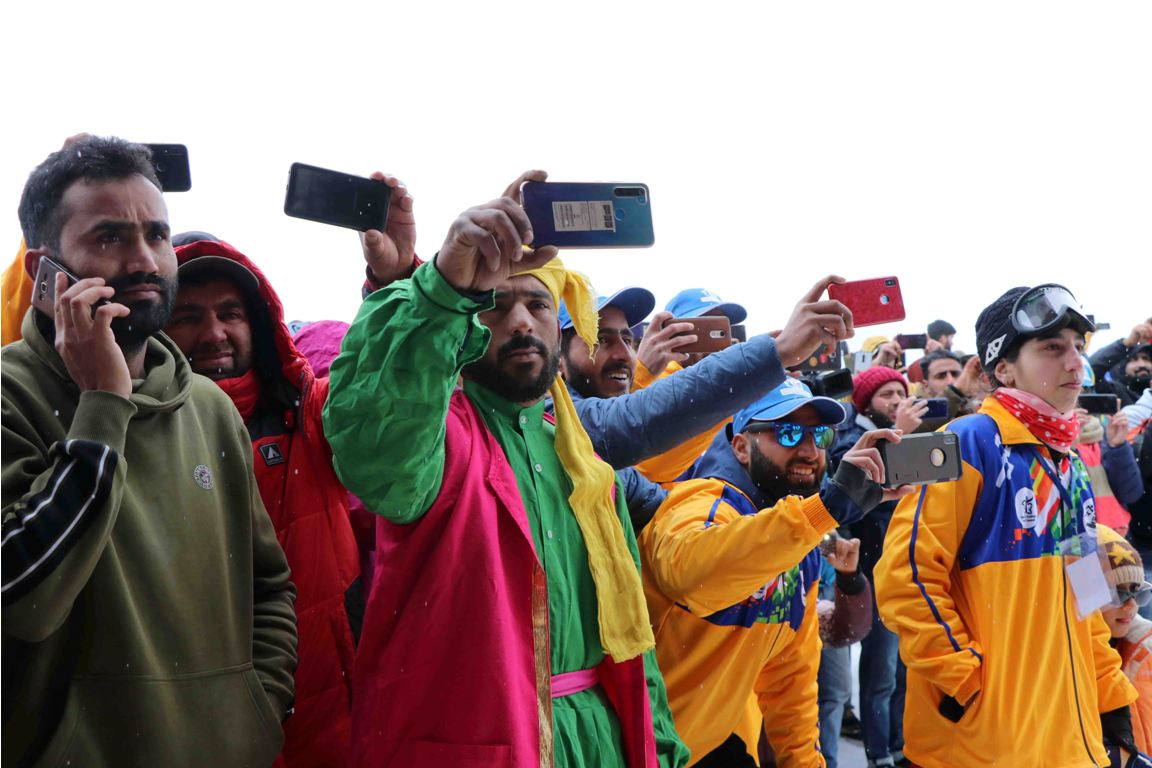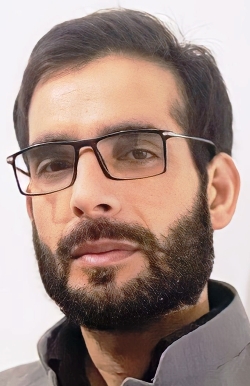by Dr Rizwan Rumi
In this era of digital interconnectedness, relationships undergo a profound transformation. Platforms like Facebook and Instagram, designed to foster closeness, inadvertently contribute to a culture of constant comparison.

The impact of social media on human interaction is undeniable, shaping connections in a way that often prioritises superficiality over genuine reflection. The pressure to share unfiltered thoughts and emotions online has given rise to a culture of oversharing, leading individuals to grapple with overwhelming feelings and heightened anxiety. This constant divulgence of personal details not only erodes boundaries but also fuels addictive behaviours, resulting in excessive virtual engagement.
While social media has undoubtedly expanded global connectivity, there is a concerning trend of diminishing real-world interactions. The pervasive nature of online networks has contributed to a decline in our ability to engage meaningfully with those physically around us.
Despite the global reach of social media, there is an apparent disconnect when it comes to responding to significant world events. Disasters, calamities, and even human atrocities often fail to elicit a substantial response from those immersed in social media, as their emotions may be dulled by the seemingly artificial camaraderie of online networks.
Fashion director and editor Nicola Formichetti, originally from Japan and now based in Italy, aptly notes the dark side of social media. He observes that within seconds, anything can be blown out of proportion and taken out of context, making it challenging to avoid being swept up in the online discourse.

The impact of social media on relationships is intricate, manifesting both positive and negative dynamics. Facilitating seamless connectivity across distances concurrently raises concerns about the diminishing quality of in-person interactions. The virtual space often supersedes face-to-face conversations, altering the traditional dynamics of interpersonal connections.
In this evolving landscape, the appeal of online interactions has the potential to overshadow the authenticity of in-the-moment connections. Navigating the interplay between digital and physical realms necessitates striking a balance to preserve genuine human interaction while leveraging the benefits of social media.
In the digital age’s ever-evolving landscape, where connectivity is at our fingertips, social media seamlessly integrates into our daily lives. While these platforms aim to bridge distances and enhance communication, a silent danger lurks, often eclipsed by the allure of likes and shares—the profound impact of social media on the foundations of relationships.
In this era of digital interconnectedness, relationships undergo a profound transformation. Platforms like Facebook and Instagram, designed to foster closeness, inadvertently contribute to a culture of constant comparison. The perpetual stream of curated content, displaying seemingly perfect relationships and lifestyles, can cultivate feelings of inadequacy and discontent within our own lives.
Endless scrolling through others’ highlight reels can lead to a toxic cycle of comparison, fostering jealousy and resentment. Relationships, once grounded in trust, find themselves on unstable ground as individuals immerse themselves in monitoring their partner’s online activities. Innocuous likes or comments on a friend’s post can unexpectedly spark arguments, placing strain on the fabric of trust and communication within a relationship.
A 2018 analysis of news reports highlighted India as having the highest number of selfie-related deaths, with 259 fatalities reported globally in 137 incidents between October 2011 and November 2017. Russia, the United States, and Pakistan followed with the next highest occurrences. The trend is indicative of a rising self-obsession, as individuals increasingly prioritise taking photos for social media, potentially reshaping perspectives and values toward superficiality.

In its pursuit of connectivity, social media has blurred the lines of what is considered appropriate within the context of relationships. Private matters are now exposed to public scrutiny, leading to embarrassment and unnecessary tension. Resorting to social media as an outlet for frustrations, instead of addressing issues directly with partners, poses a risk of inadvertently harming the relationship.
To salvage relationships in the digital era, a recalibration of priorities is crucial. Open and honest communication takes precedence, allowing partners to discuss their online behaviours constructively and address insecurities before they escalate. Establishing boundaries for social media usage becomes a pivotal aspect of mitigating the negative impact of constant comparison.

Social media has undeniably become a fertile ground for comparison, jealousy, mistrust, and miscommunication within relationships. Navigating this digital landscape necessitates recognizing the potential damage caused by online behaviours. Fostering mindful communication, setting explicit boundaries, and acknowledging the impact of social media on relationships are essential steps toward reclaiming the true essence of connection and intimacy in our interconnected world.
In the pursuit of healthier digital relationships, the responsibility rests on individuals to be conscientious of their online presence, avoiding pitfalls that social media can inadvertently cultivate. This conscious effort is crucial for preserving and strengthening intimate connections amid the distractions of the digital realm. Striking a delicate balance, we should remember that the beauty of relationships lies in genuine connection, transcending the virtual realm and finding solace in the authenticity of shared moments.
(The author is currently pursuing a post-doctorate in Sociology. Ideas are personal)














